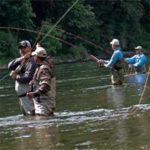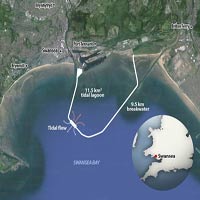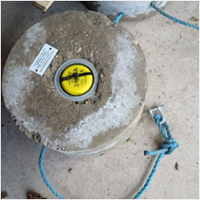original attached PDF file here
I write to update you on our findings regarding the fish that was found Nr Symonds Yat. The fish arrived with our laboratory, having been collected and stored appropriately at our offices. Our experts at the laboratory have taken a sample for virology, which will go through a complicated process of culturing. We expect the results in approximately 3 weeks.. We will be sharing the result with you once they are available. Unfortunately, due to the fish being dead on arrival, there were limited tests that could be carried out on it and as such. it was not possible to carry out parasitology, histopathology, bacteriology or a post mortem examination.
However, the visual examination of the fish did not indicate the presence of Ulcerative dermal necrosis (UDN). The skin condition suggested a bacterial infection, but this cannot be confirmed as we were unable to examine the fish whilst alive. Scales from this particular adult female fish have been removed and examined, and they indicate that it was a multi sea winter fish, returning to the sea for 2 winters, having previously spawned. This fish was likely to be returning to spawn again. This would be the most likely explanation for the poor condition of the fish.
In terms of our response to any sightings of diseased or distressed fish, can I ask that the following steps are taken. Firstly please report any such incidents to our incident number on 0800 807060, giving the details of the species, location and numbers of fish seen. We will use this information to assess the potential risk and respond accordingly. If we decide it is appropriate to do so, we will attend the site to visually inspect the fish. We will then decide, in consultation with our laboratory, if it is appropriate for the fish to be removed and sent alive to the lab for analysis.
Our guidance is that any fish caught should be returned to the river, irrespective of its condition. If a fish is caught or observed in poor condition or seen to be suffering with any form of suspected infection, please call our incident line on 0800 807060 and we will assess the report, and respond accordingly. I’ve attached a fact sheet setting out our guidance along with some further information which may be of interest.
I trust this clarifies the correct guidance, and apologies for any previously conflicting advice you may have received. Please feel free to share this guidance as appropriate.
Many thanks
Stuart
Stuart Gamble
Fisheries,Biodiversity and Geomorphology Team Leader
Shropshire,Herefordshire, Worcestershire and Gloucestershire.




